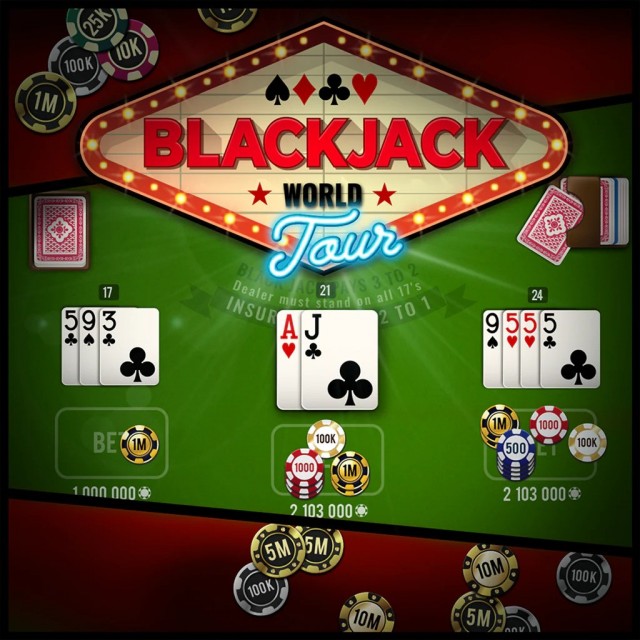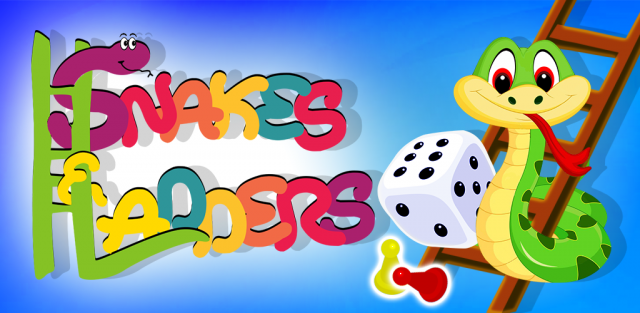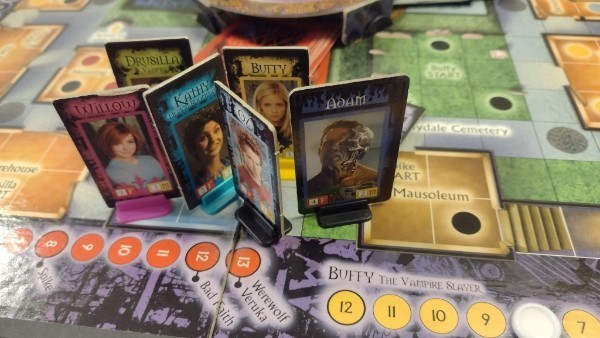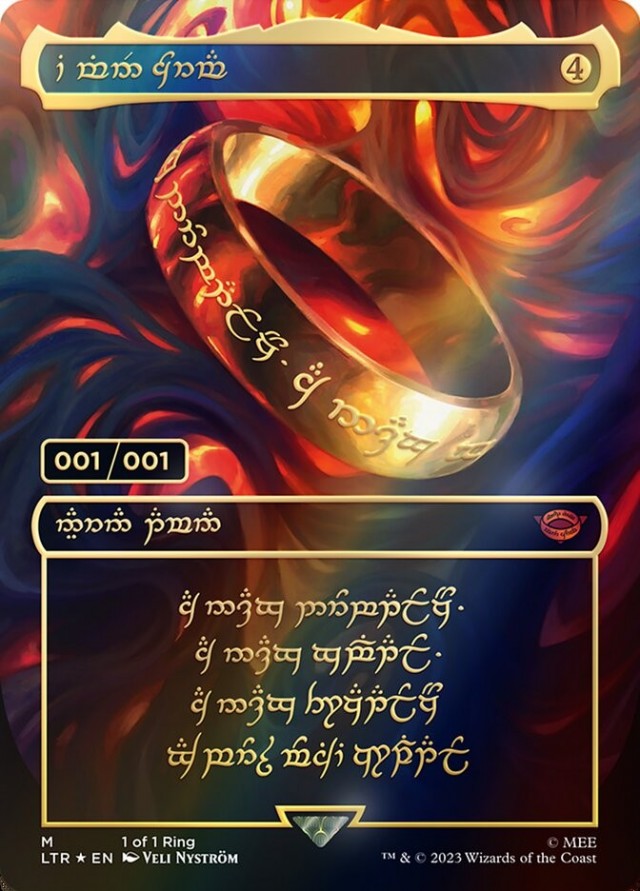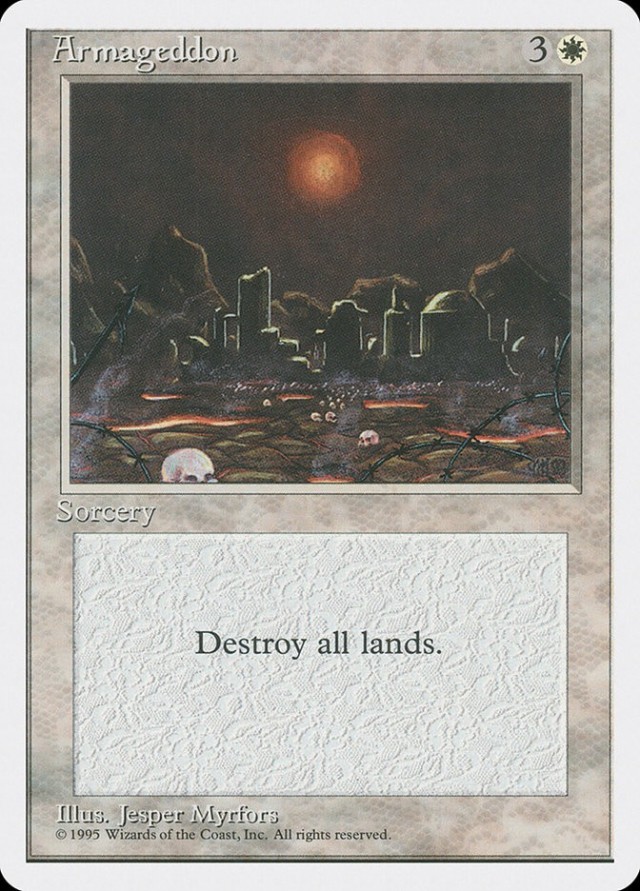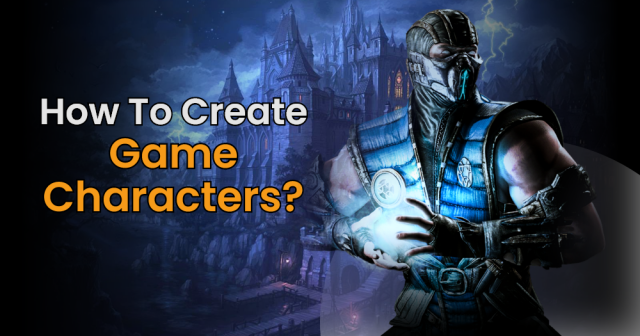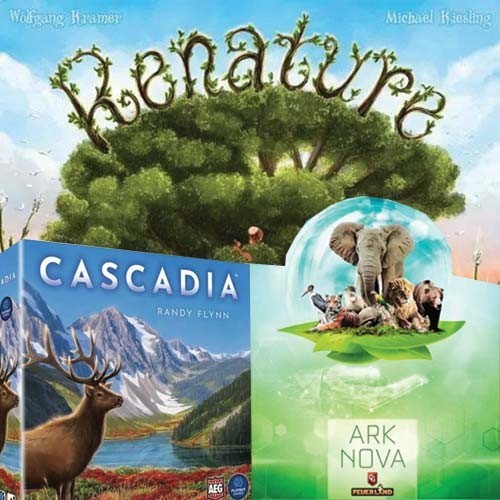This is a story of how love faded. The affair may have ended, but it wasn’t an angry break. It’s not even a break, since we’re still friends who see each other on occasion. However, the period of infatuation is long dead.
I’m speaking about my relationship with Boardgame Geek, which went from my daily companion to a casual acquaintance. Maybe we both changed, and therefore grew apart. Others, no doubt, will find some of its charms still alluring, but the traits that made the site alluring for me are largely gone.
As I said, my new relationship with BGG is far from unfriendly, and you may have different tastes than mine. If find any echo of your own story in mine, then it will have been worth the time writing it.
DAYS OF WINE AND ROSES
BGG is a prime example of what we used to call Web 2.0, and increasingly identify as social media. Lots of user-generated content, an organically-grown repository of information, and a host of features (comments, polling, RSS feeds, profiles, etc.) that we’ve come to expect from sites like these
Not everyone looks for the same things in social media. For example, many professionals are very active LinkedIn users, at least to the point where they keep their electronic resume up to date and scan for job opportunities. Other people use social media like Facebook to hang around with their friends. And so on.
For me, the appeal of BGG was threefold:
- Information relevant to my own buying decisions. A good review always got a thumb from me. While “preview” information, such as pictures of a game, were certainly necessary parts of my decision-making process, they were hardly sufficient. I wanted to focus my spending better, not create justifications for spending more money.
- Opportunities to help other people spot games they might like, or steer clear of ones they might dislike. If you don’t contribute to a community site, you can’t complain if you don’t get value from it. Given how long I’ve been playing boardgames, I also thought I might have a longer-term perspective that might be valuable. (For example, if you’re looking for a relatively light WWII boardgame, why not buy a copy of The Russian Campaign from eBay?)
- Add-ons for games that I probably won’t find anywhere else. Improved turn order charts, handy rules summaries, alternate playmats, complete lists of units or cards…All the things that can make a game easier to learn, and possibly more satisfying to play.
 I should also list what I didn’t want from BGG. I didn’t want to join a clique, gain the attention of World Famous Game Designers, add to the hype for unreleased games, become Geek of the Week, collect GeekGold, or compete for the biggest number of Geeklist thumbs. Through BGG, I’ve met a lot of great people, and I always enjoy communicating with them, from Cornjob’s sharp comments, to Grognads’ good cheer (and creative punctuation and colorization).
I should also list what I didn’t want from BGG. I didn’t want to join a clique, gain the attention of World Famous Game Designers, add to the hype for unreleased games, become Geek of the Week, collect GeekGold, or compete for the biggest number of Geeklist thumbs. Through BGG, I’ve met a lot of great people, and I always enjoy communicating with them, from Cornjob’s sharp comments, to Grognads’ good cheer (and creative punctuation and colorization).
BGG is still a great place for one of the three reasons for visiting the site, game add-ons. However, that’s not a reason to visit the site regularly. It’s still good to relate to BGG transactionally, in cases when I have a question, or there might be something good in the Files section.
THE END OF THE AFFAIR
In the last year or two, BGG has done an increasingly worse job at meeting my other two requirements. Here’s why:
Previews and reviews are not the same. As I mentioned earlier, there’s a difference between a preview and a review. Certainly, there’s some value in explaining the game components, summarizing the rules, and describing the experience of the first one or two games. Unfortunately, to make an informed buying decision, more is usually required. Does the game stand up to multiple plays? Does it reveal deeper, or just different, strategies that aren’t immediately obvious? If the game poses challenges to the neophyte (unclear rules, complex mechanics, etc.), is it worth soldiering through these issues? Unfortunately, BGG does nothing to separate the real reviews, that provide the kind of information that only comes from experience and reflection, from previews (or “first looks”).
Fanboys run riot. Community sites often suffer from their own version of Gresham’s Law: over time, bad participation drives out good. Hobby sites attract their fair share of zealots that, if left unchecked, take over forums through the power of sheer zeal. BGG has far too many overeager fans of particular games, game companies, or game designers. They create a far more positive impression of many games than they actually deserve, and they can be pugnacious and obnoxious to anyone who disagrees with them.
The cult of the new. It may sound like a tired cliché, but it’s true: BGG users collectively spend way too much time talking about games that haven’t come out yet, or have just hit the shelves. Some of the information is useful. For example, I’d certainly like to know when the next Conflict of Heroes installment is going to arrive. In the meantime, I can wait, and there’s no value reading people saying, “Looks cool!” over and over again. In some cases, these fannish habits might obscure the real reasons why certain games are good. For instance, the next person who posts something like, “Space Hulk is back, bitches!” needs to take a long time-out. Your enthusiastic ululations don’t really convey why Space Hulk is worth $100, unless you’re the kind of person who buys $100 tennis shoes because they’re popular, too.
The neglect of the published. If you’ve already heard me pine for the old days of The General, skip ahead. For those of you who are still here, it’s worth noting that, not very long ago, game companies like Avalon Hill invested in helping people learn how to play their games, and even how to play them well. If the games weren’t worth that much attention, they wouldn’t be worth buying. Therefore, features like “series replays” and strategy articles in The General had a great deal of value for publisher and consumer alike. Today, on a site where the fans and publishers of games might be contributing this kind of content, it’s practically non-existent.
An economy of popularity. In theory, BGG’s rewards, thumbs and Geekgold, should reward valuable contributions. However, value is in the eye of the beholder. If you combine all the previous trends that I’ve described, you’d expect to see BGG’s users rewarding people more for “Hey, I just got the game!” previews than real reviews, or “This game rocks!” articles instead of strategy hints. The Geek of the Week rewards a different kind of popularity, notoriety among the people who hang around BGG. (Again, there’s nothing wrong with that, but it’s not what I’m looking for.)
BYE BYE LOVE
BGG has evolved in a particular direction that the moderators, Derk and Aldie, don’t seem to mind. Given the number of active BGG members, the site obviously meets someone’s needs.
It’s just too bad there isn’t an alternative. A professional game magazine, such as the one proposed in an recent article here on Fortress Ameritrash, might be closer to what I want. The existence of an editor responsible for the overall value of the content makes it less likely that a review would be another “Booyah!” about a just-released FFG game. To compete with BGG, this kind of publication would need to provide something that BGG users don’t normally rouse themselves to write, such as a detailed example of play, or a substantive strategy article.
The other big social site, Consimworld, is even less appealing than BGG. I don’t have the time or inclination to hang around their unbounded discussion threads about particular games or publishers, waiting for something useful to slide past.
I'll still visit BGG regularly, but the affair is clearly over. But wait, this FortressAT damsel is surely fetching...
 Games
Games How to resolve AdBlock issue?
How to resolve AdBlock issue? 
